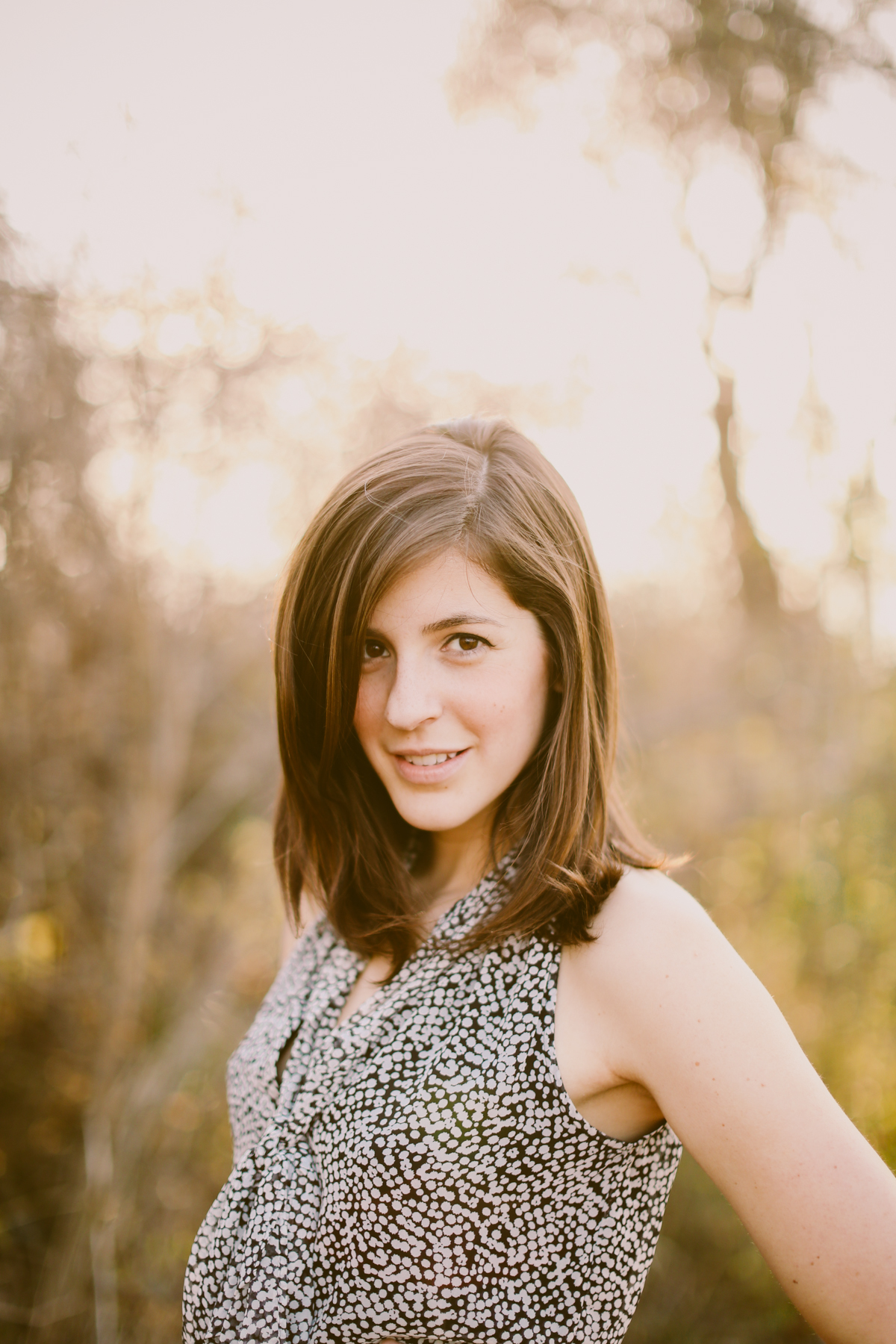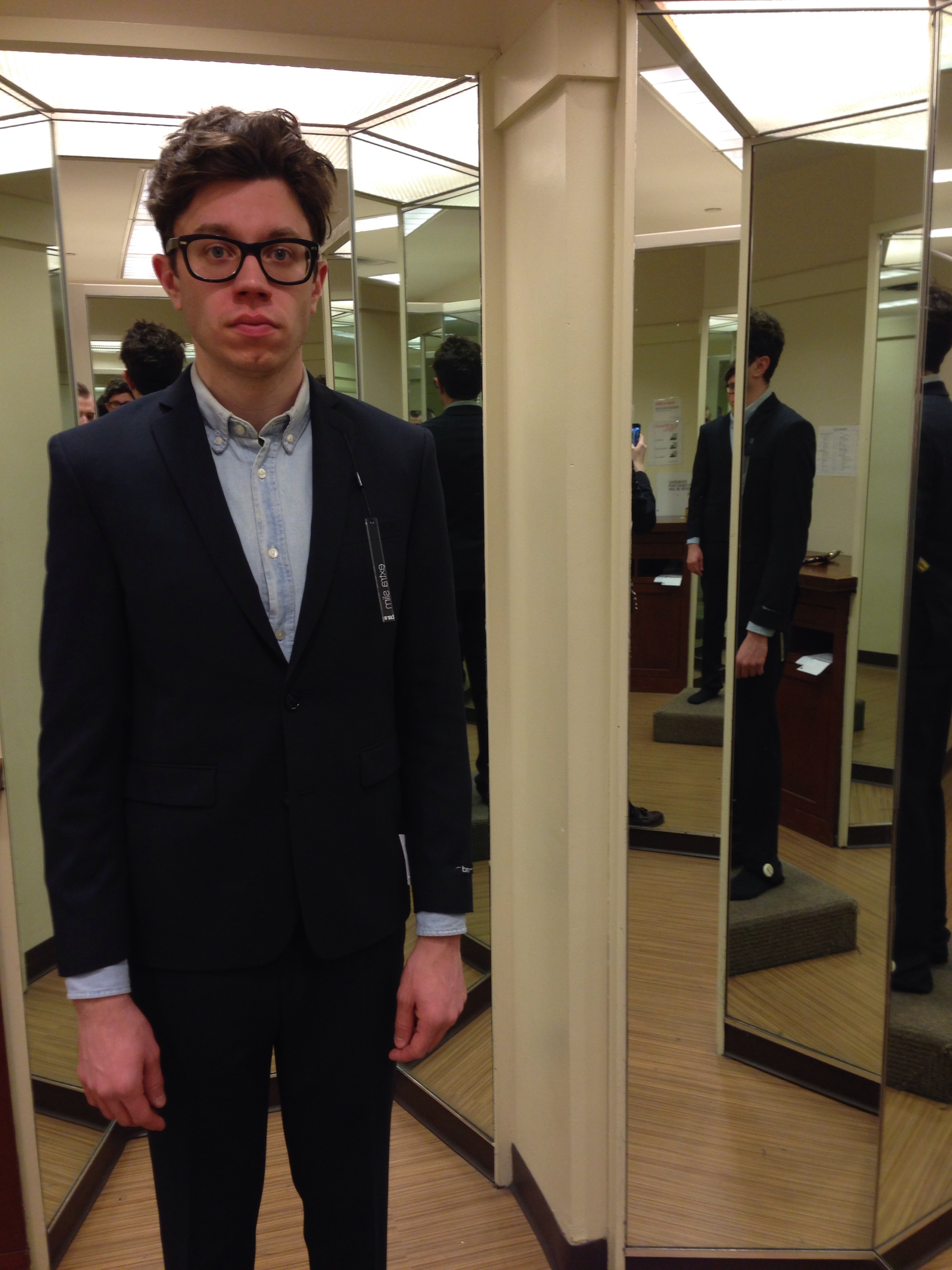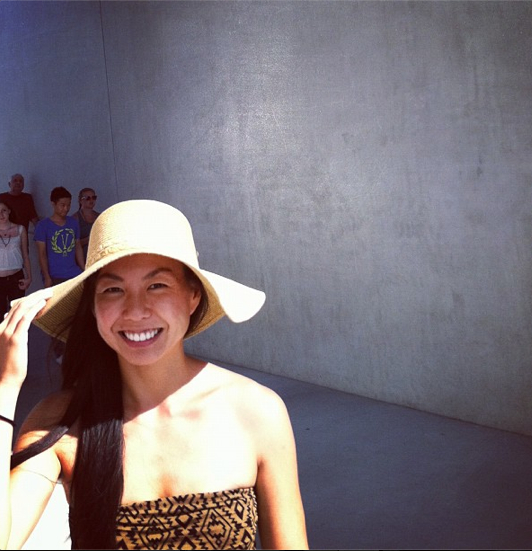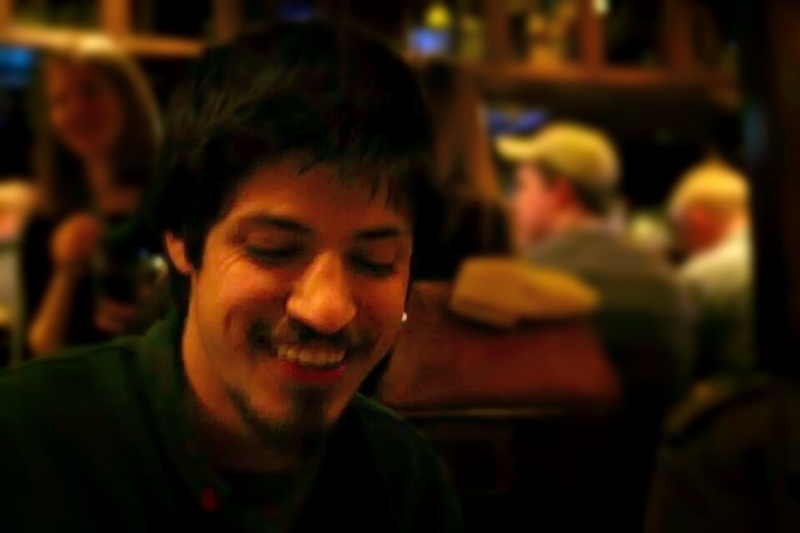41.1 Feature: Three Questions with Jaime Netzer, MH Rowe, Robin Tung, and Dustin Zamora

Jaime Netzer’s fiction has appeared in Parcel and Twelve Stories, and has been recognized by Arcadia as an honorable mention in its second-annual short story contest. She holds an MFA from Texas State University, where she was the 2012-2013 L.D. and LaVerne Harrell Clark Writer-in-Residence. She’s at work on her first novel in sunny Austin, Texas.

MH Rowe’s work has appeared in Spork, DIAGRAM, Necessary Fiction, Word Riot, McSweeney’s Internet Tendency, The Awl, and The Millions, among other places. He lives in Minneapolis.

Robin Tung received her MFA in fiction from The Johns Hopkins University. Her writings have appeared in Art Practical, INK Magazine, The Labletter, The Montreal Review, NANO Fiction, Per Contra, Sugar House Review, Surface Magazine, This Recording, and Valparaiso Poetry Review. She is a contributor at DailyServing, an international contemporary arts publication, and the recipient of the 2006 Milton A. Saier Award in Fiction from the University of California, San Diego. She lives in California.

Dustin Zamora was born and raised in Gahanna, Ohio. He once studied theater and film in hopes of becoming a screenwriter. At the University of Cincinnati he served as fiction editor for Short Vine, the university’s literary magazine, and tutored for WordPlay, a nonprofit after-school creative writing center. Dustin remains in Cincinnati, where he is a furniture salesman. “Sail, Su Corazon” is Dustin’s first published work.
Interviews by ZACHARY DOSS
Black Warrior Review: What are your writing habits, routines, superstitions, favorite writing spots, etc.? In other words, what is your writing process like?
Jaime Netzer: My writing process, at least lately, is intermittent. I had a great routine down in grad school but I’m back to a full-time job and a less-than-ideal writing “schedule.” It’s not just about time, but maybe even more about mental space and energy. I write for my day job, which of course is the luckiest thing in the world, but it’s not fiction, and sometimes I fear I’m using up creative juice, or spending too much of some kind of daily word allowance. Maybe that’s just a cop-out, though. When I do write, it’s on a netbook that I’ve never connected to the internet—a gift from my father last Christmas. I like my kitchen table best, because it’s big, and because our house sits a bit up on a hill so I can see the tops of faraway trees.
MH Rowe: I like writing in the morning, but also at night (if the morning didn’t work out). Just not in the middle of the day, because that’s gross. I write quickly in front of an open window in the basement where I live and then sit on things for a long time, months and—in some cases—years. I need distance between writing and revision, because I need to forget a story in order to feel comfortable that I can make the right editing choices. Still, some pieces come quickly and just feel done. Sometimes I write on my phone, and sometimes I don’t write at all.
Dustin Zamora: Usually when I am starting a new story I have a pretty good idea of where I want it to go. I have a beginning and an end in mind and try as best as I can to fill in the gaps along the way. Most of the time when I finish a story, the end is very different than what I had originally thought. I do most of my writing alone, in my room, usually in large blocks of time. I tend to find inspiration from a specific song or movie and will play it over and over again while I write and it is not uncommon to find some lyrics or quotes in the story when it is done, though those tend to be taken out in revisions.
Robin Tung: Joan Didion has a great essay called “On Keeping a Notebook” in The White Album. I keep a notebook to help me process the day, my readings, any dreams, work, and the people in my life. Hardly anything in the notebook makes its way into a project, but this type of record-keeping is a sort of self-reassurance of subjectivity and experience. It works as a sort of precursor to the other writing that happens. I tend to write preliminary drafts by hand, and I write both at home and outside. Lately, I’ve been working at a juicery eight blocks from my house, partly because it’s air-conditioned, and partly because I like to view it as renting a table/workspace for two hours. I don’t subscribe to the angsty, grumbling, tortured artist cliché. Obstacles and tension are necessary to producing good work. I like to think, You get to write for two hours today.
That’s a reward in itself.
BWR: What do you do when you feel stuck with a piece or don’t know what to write?
JN: I turn up my eavesdropping. I’m a world-class eavesdropper and irrepressibly nosy, as I think all writers are. There also seems to be some sort of internal dial I can turn up that’s like a remember-to-filter-this-for-writing dial, and it makes everything from public radio to conversations ripe for the picking. It’s some sort of strange “be ready to steal this” sense. I have to be alone for it to work best. And once I’ve opened myself a little bit, then invariably, a solution presents itself in terms of plot or character, or something new strikes flint.
MR: My most common practice when I reach that point is to stop writing. I’ve abandoned pieces this way. However, I also like to force myself to write 1,000 words—right then, at the moment of frustration. Just do it. Almost all my stories start with a premise and then I get the idea for the ending I want, so that leaves me this large abstract middle to clutter up with bridges that will take me to the end. Writing 1,000 words when I feel frustrated might be wrong, but building a wrong bridge is better than just staring across the water.
RT: If I’m not sure how to proceed with a piece of writing, taking some time away from that particular project helps. I’ll go on some long walks, visit the The Last Bookstore in downtown Los Angeles to browse used books, walk through a gallery or contemporary arts museum, and read poetry. I particularly like reading poets’ first books because they tend to contain a bit of raw, unrefined material, and they always feel riskier, which is fun.
DZ: I find the best thing to do when I get stuck is to take a break. I try to do things that help me relax such as running or I might just hop in the shower until my head is clear. Sometimes I get stuck for days or weeks. If that happens I might ask a friend for some ideas to try and jump start the story again. I might even start a new story because sometimes you just need to step away from piece for a time.
BWR: What writers and books do you feel have had the biggest influence on you?
JN: It’s hard to narrow it down, of course. Generally speaking, women who write fearlessly burrow fiercely into my brain. Lorrie Moore, Mary Gaitskill, Jennifer Egan, Toni Morrison, Karen Russell, Louise Erdrich. I met Louise at a school event, and she gave me two incredible pieces of advice. One was, write brave. I sent a story her way that was just okay, very safe. And all she said was, you’re talented, but don’t hold back. The other was write your first novel before you have a baby. I decided then and there that I’m going to. I couldn’t believe she offered up such practical advice—so generous and great. She said, “I was wondering why none of you girls had asked me about being a mother and a writer?” I just read Merritt Tierce’s forthcoming novel Love Me Back and it too was completely fearless, unsentimental. And then George Saunders has also been a huge influence. I don’t understand how his writing can be as weird as it is, while also being as kind and big-hearted as it is.
MR: Brian Evenson, Lydia Davis, Ursula K. Le Guin, Etgar Keret, Amy Hempel, Kenneth Patchen, Herman Melville, Richard Brautigan, H.P. Lovecraft, Octavia Butler, J.G. Ballard, Aimee Bender, Ray Bradbury. The graphic novels of Jim Woodring. The chapter about the hurricane in Their Eyes Were Watching God is amazing. Brautigan’s collection of short fiction, The Revenge of the Lawn winds my clock. Octavia Butler’s “Bloodchild” is maybe my favorite short story of all time. Amy Hempel’s first book kills me every time I read it. The epilogue to Moby Dick is so lovely it makes me want to take care of myself, or puke. Either way.
RT: The first story that I read that made me want to write was “In a Tub” by Amy Hempel. I find her writing incredibly alive and pleasurably opaque. I absolutely love, and have reread many times, the poetry of Jack Gilbert, particularly The Great Fires. Angela Carter’s Burning Your Boats, Alice Munro’s oeuvre, stories by Kenzaburo Oe and Vladimir Nabokov, Elena Ferrante’s Days of Abandonment, Joan Didion’s The White Album and Slouching Towards Bethlehem, and Carl Jung’s writings have been important to me. And Dustin O’Halloran’s music, and the art work of James Turrell and Richard Serra have been influential, too.
DZ: Far and wide, the biggest influence on my writing is Cormac McCarthy. I first read McCarthy’s The Road in late high-school as part of an independent study. It took some time but eventually I made my way through his entire works and his attention to detail and style is constantly mimicked in my pieces. Other influences come from Tolkien and I recently picked up authors such as Lev Grossman and LeCarré.